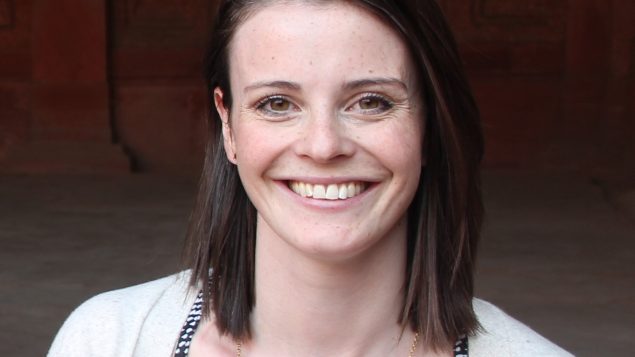It may seem obvious that when a vaccine for COVID-19 is finally available, front-line health workers should be first in line to get it. But who should get it next will be difficult to decide.
- Not all vaccines work well on seniors and health ministers may decide to vaccinate those who care for them first. (iStock)
Health care is under provincial, territorial jurisdiction
In Canada, health care is operated by the governments of each province and territory, so decisions may vary greatly. In the case of vaccines, the National Advisory Committee on Immunization (NACI) advises governments on best practices. NACI is currently looking at the country’s objectives in managing the pandemic and working to devise recommendations. But health ministers of the provinces and territories are not obliged to follow them.
NACI’S recommendations will be evidence based, says Ellen Rafferty, a health economist at the Institute for Health Economics in the western city of Edmonton, Alberta. Those in at-risk groups including the elderly and those suffering from chronic diseases would likely be high on the list to get vaccinated.

Economist Ellen Rafferty says health officials worldwide are cooperating and carefully considering who should get a COVID-19 vaccine first. (Ellen Rafferty)
Vaccine efficiency will be factored in
However, Rafferty points out that the kind of vaccines that are rolled out may affect that priority. For example, some of the vaccines being developed may not be as effective in the elderly. In such a case, health authorities may prefer to vaccinate those who are most likely to transmit the disease to them.
Governments will also likely wish to protect those who work in essential services such as those who transport food, ensure electricity and water services, as well as teachers.
Equity and fairness may be considered
Rafferty also raises the issue of equity and fairness. Rates of COVID-19 appear to have disproportionately affected racialized communities and the poor. Governments will have to decide whether to take that into account in deciding who will have access to the limited supply of vaccines.
Rafferty says decisions will be made very carefully and cooperatively. She says communication with the public will be important. People will need to understand why their governments have chosen the priorities they have.
See also:
- Canada has signed agreements with two U.S. drug companies to secure up to 114 million doses of an eventual COVID-19 vaccine.
- Not all Canadians would be in a hurry to get the vaccine and some express concern about possible side-effects.
- A new survey suggests experts think a COVID-19 vaccine would not be available before March 2021.








For reasons beyond our control, and for an undetermined period of time, our comment section is now closed. However, our social networks remain open to your contributions.